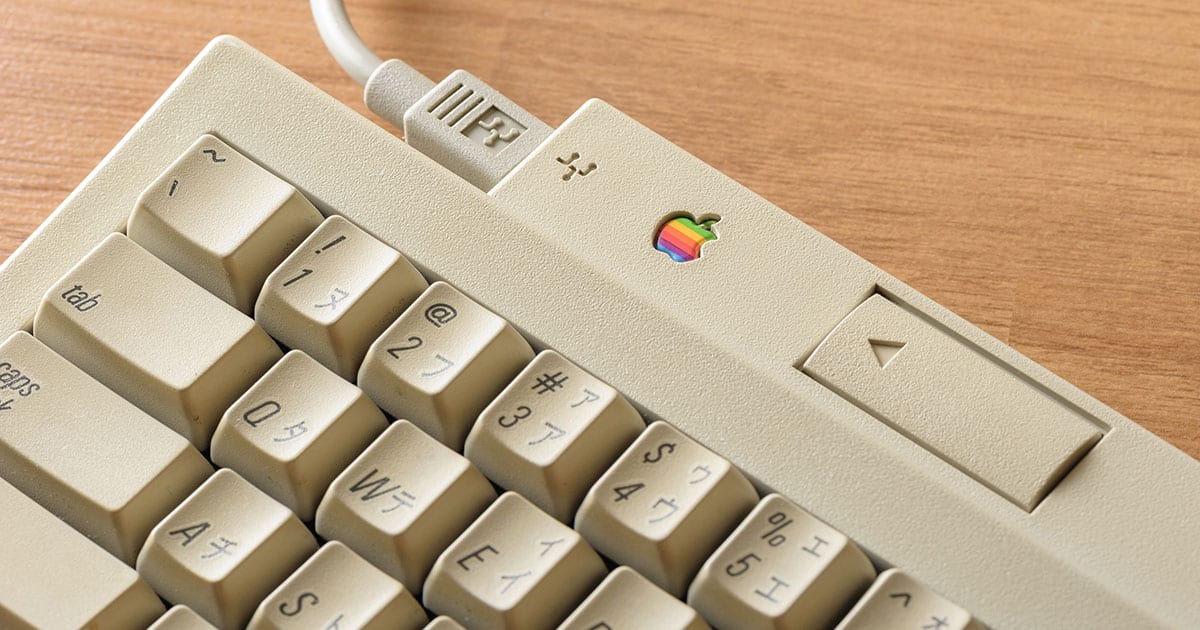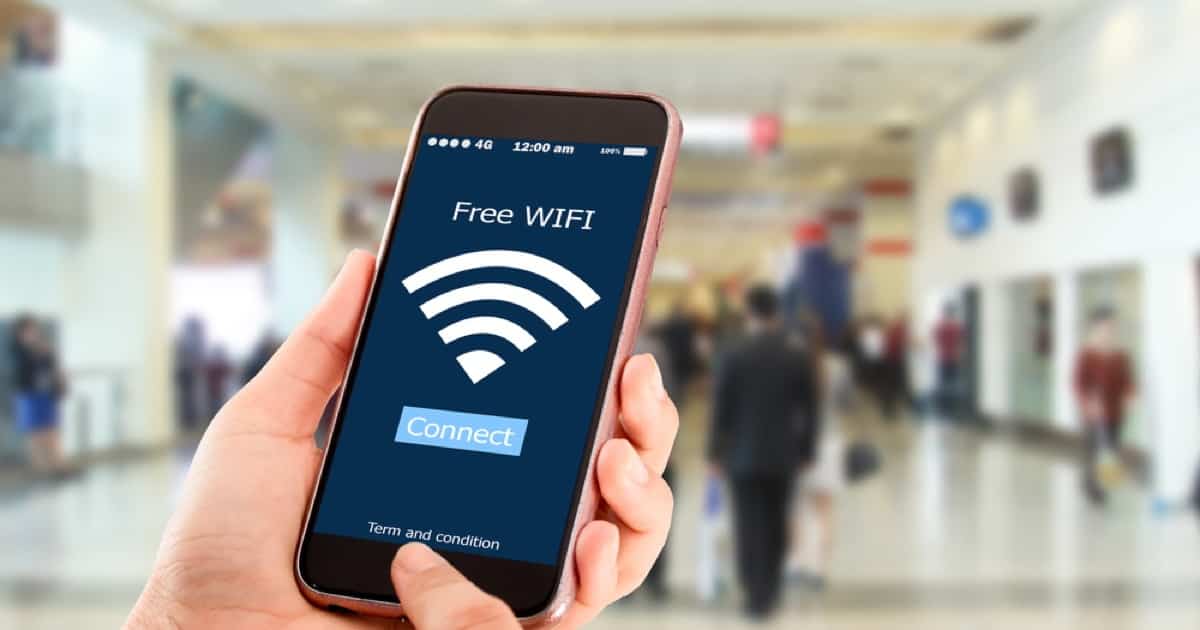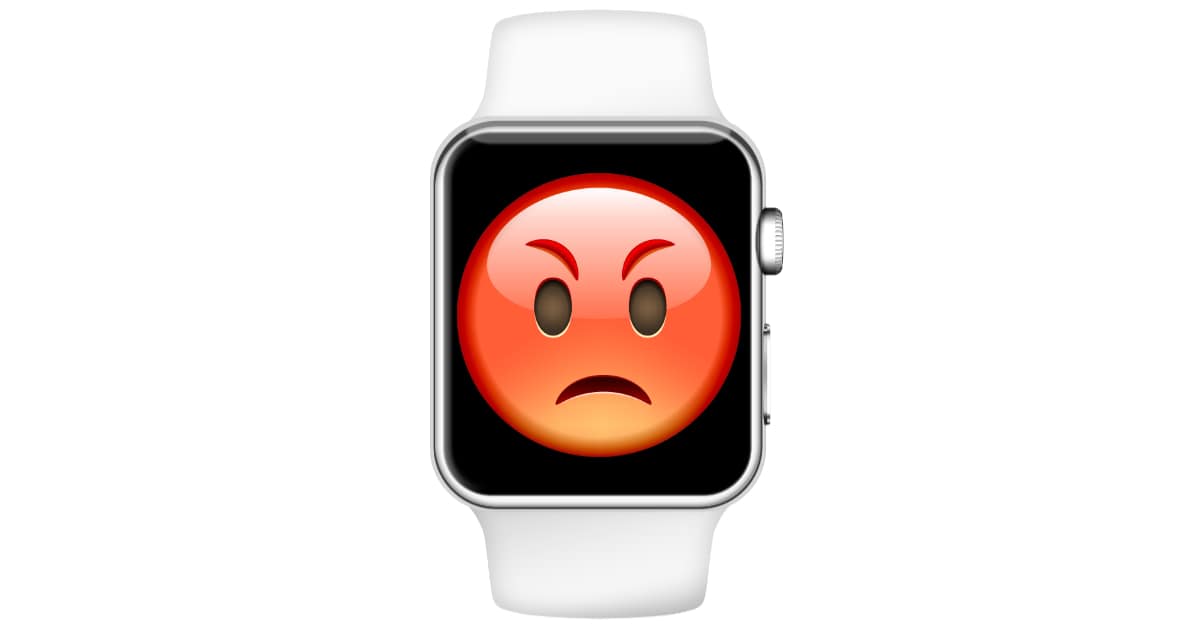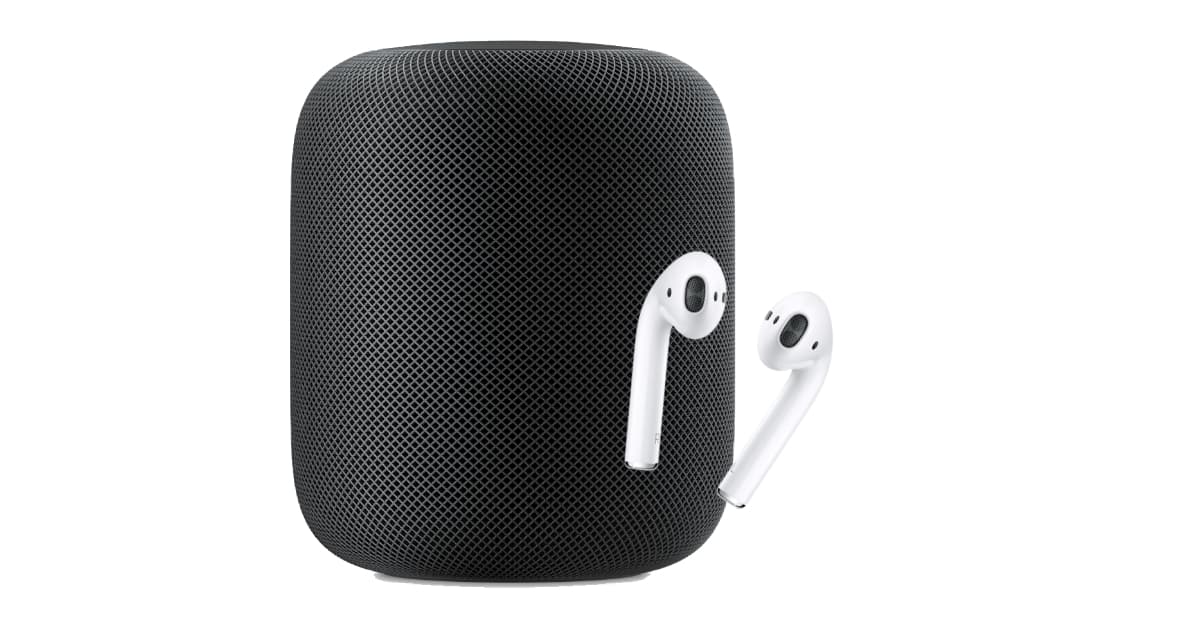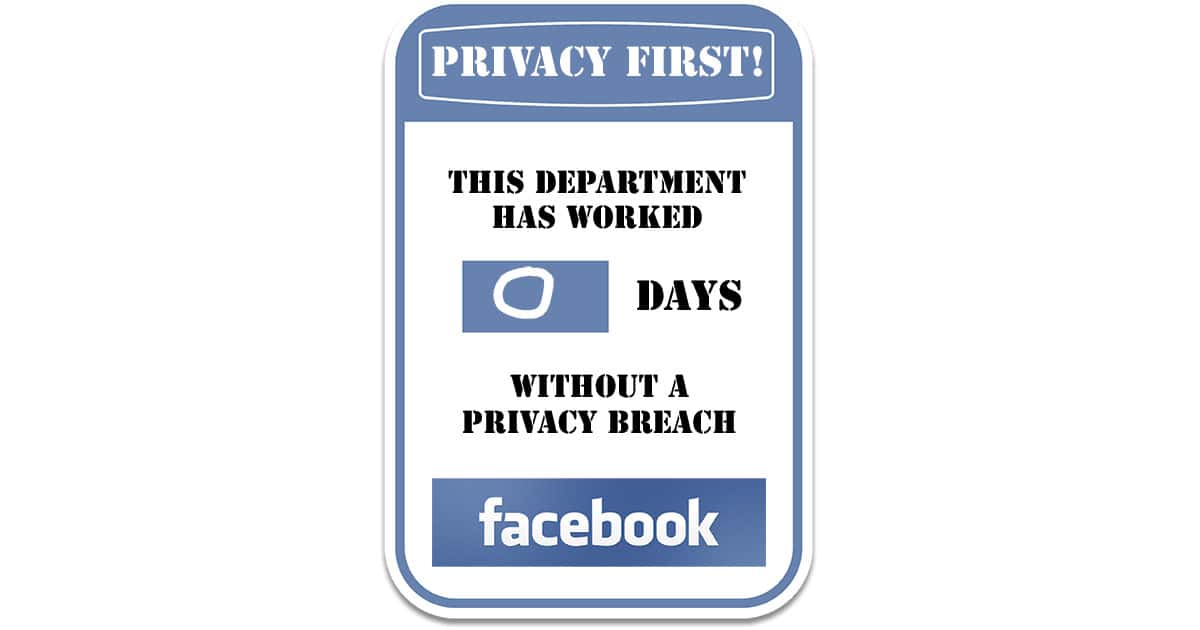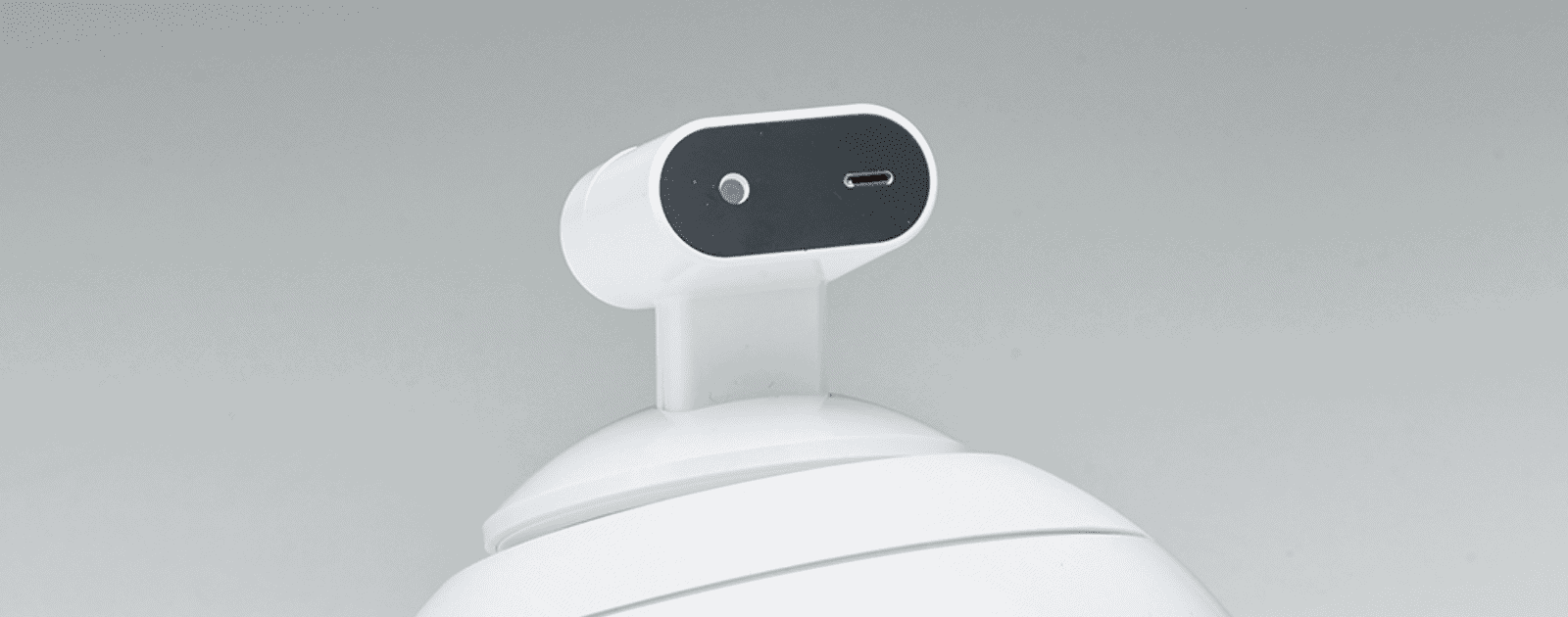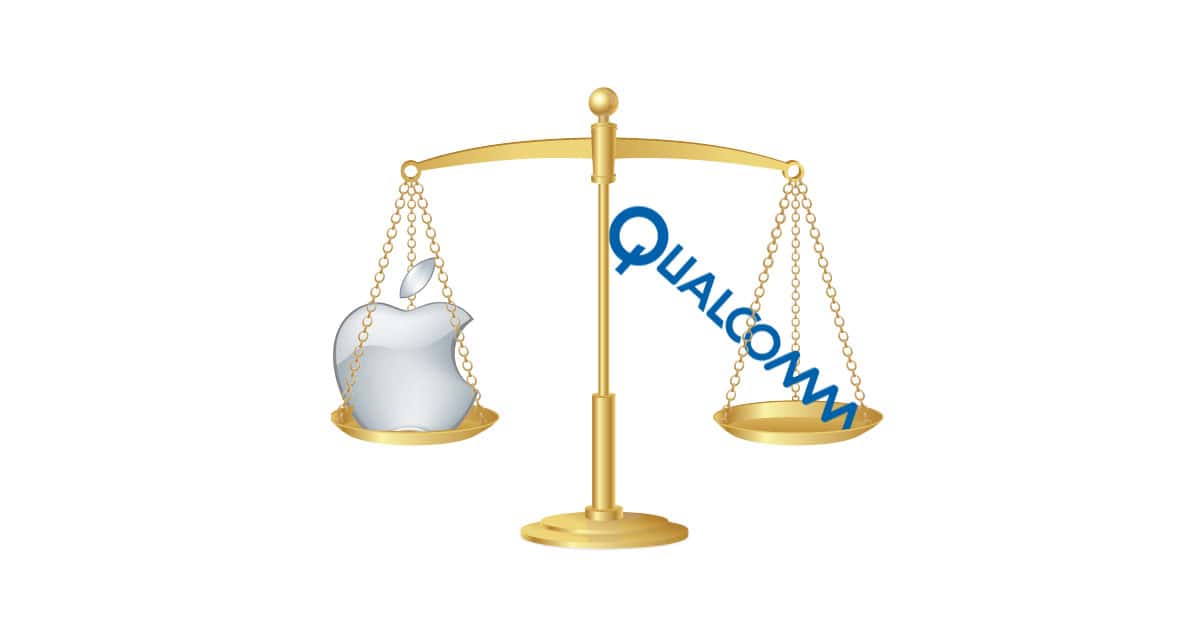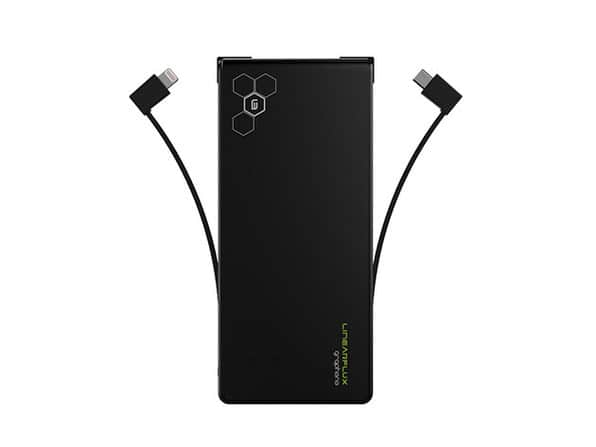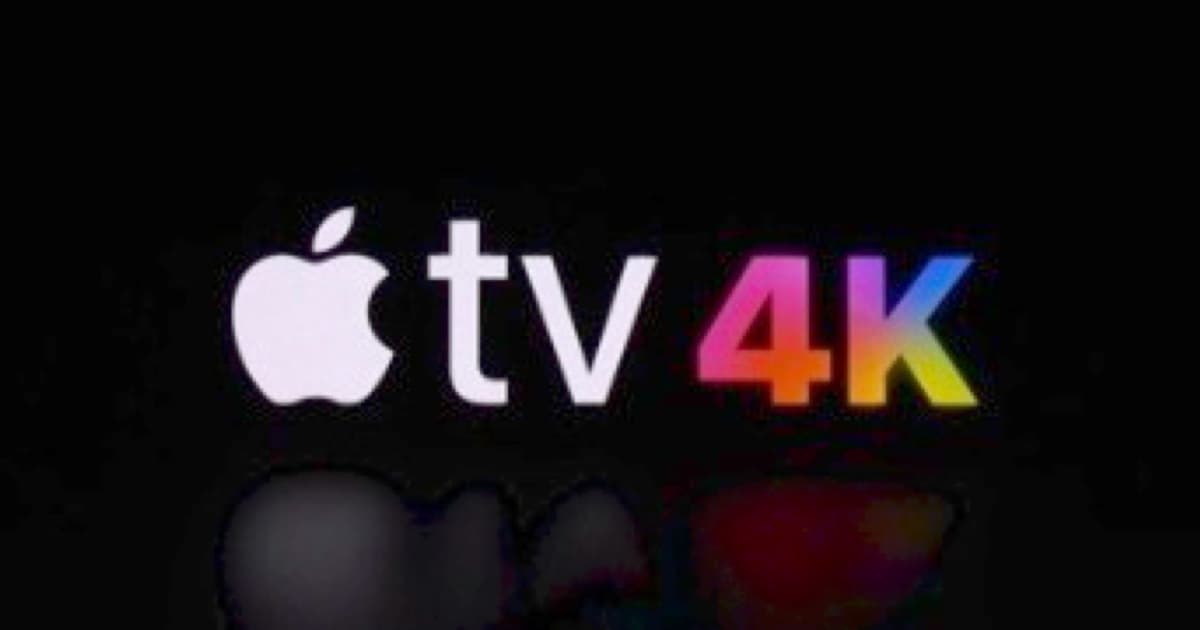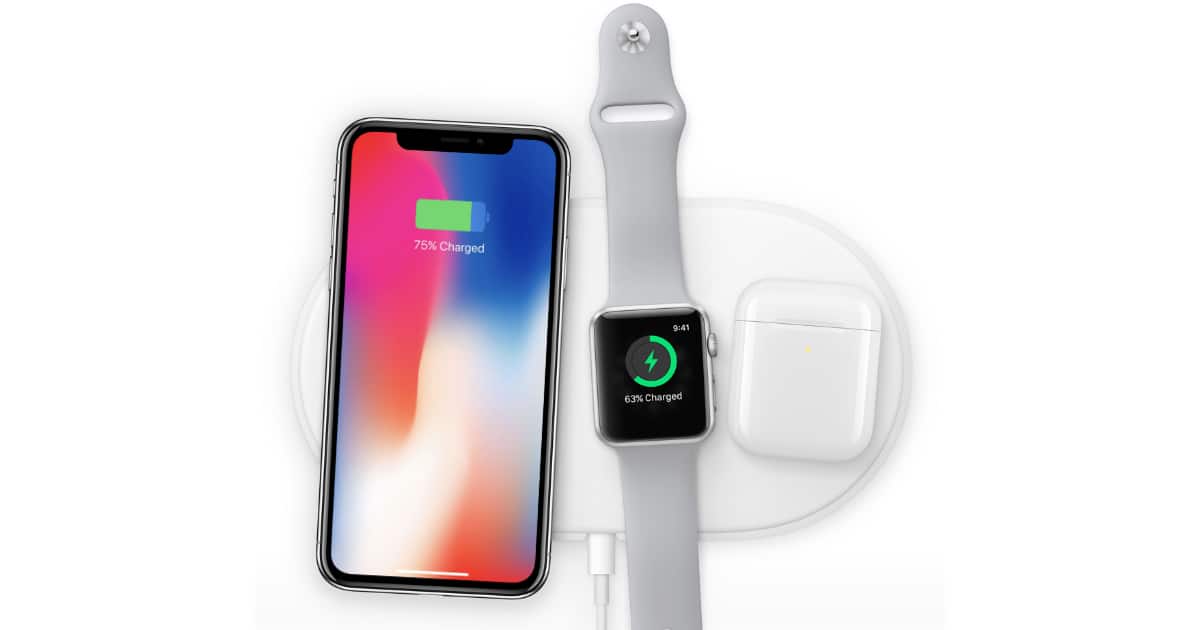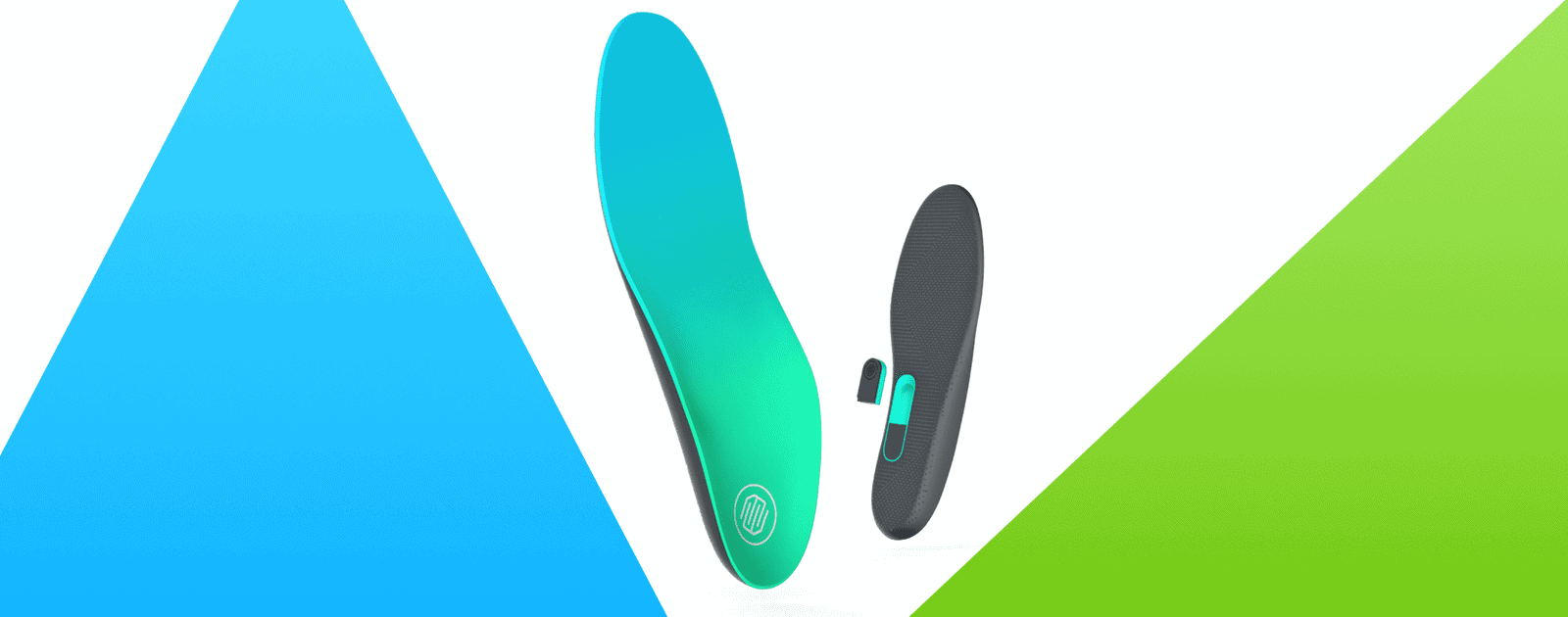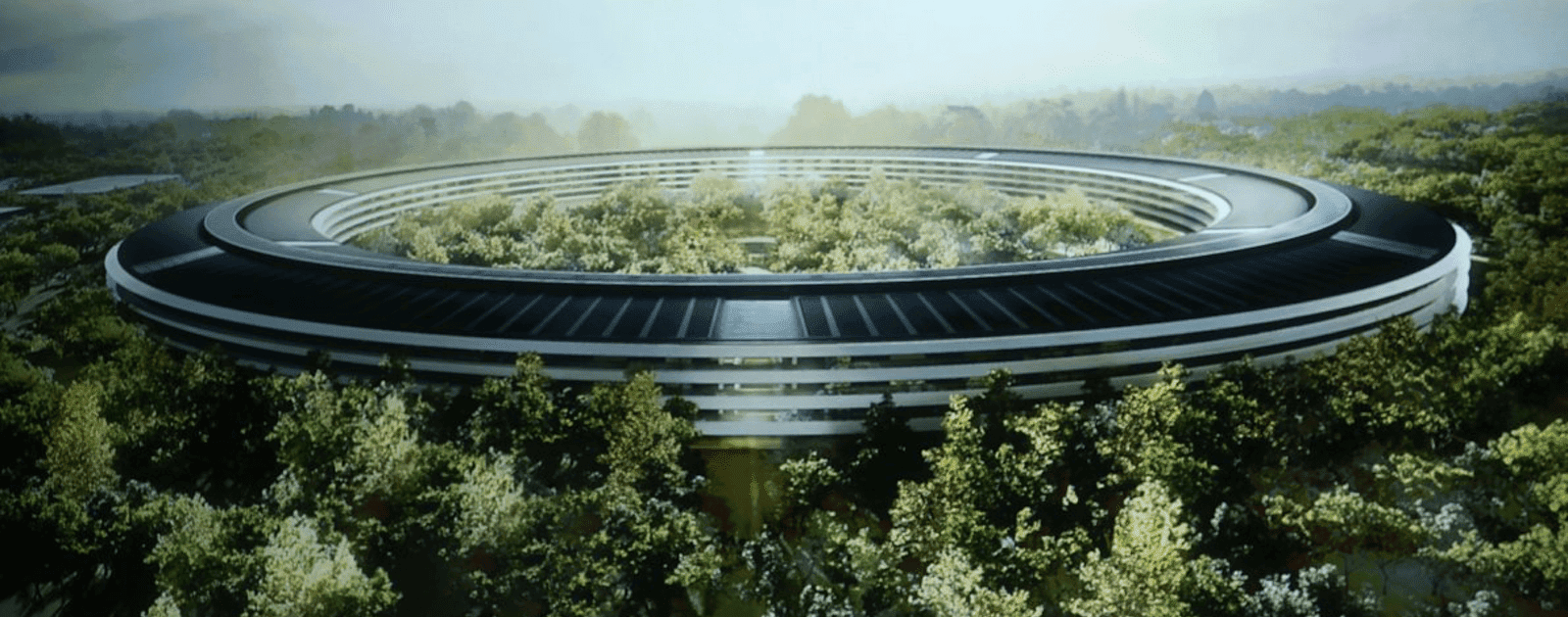Check out this rather brilliant piece imagining Apple keyboards past and present drinking in a bar, when in walks that obnoxious fellow, Touch Bar (via Daring Fireball). It’s high-larious, spot on, and flawlessly executed. Here’s a taste:
APPLE EXTENDED II: Lonely times, man. Lonely times. First, it was scissors then butterflies. Do you want to know what I miss? Electric Alps switches. That was the dream, right?
MACBOOK PRO (nervous, staring at the bar, napkins in both hands): Did you clean up before I sat down? It looks clean, but…
APPLE EXTENDED II (interrupting): Kids today. They don’t appreciate the reliable, credible haptic feedback of a single healthy keystroke. It’s all hunt, peck, and swipe swipe swipe.
TOUCHBAR (arrives): Hey! Nobody told me we were going out to drinks 🍷. This is great! 👍
